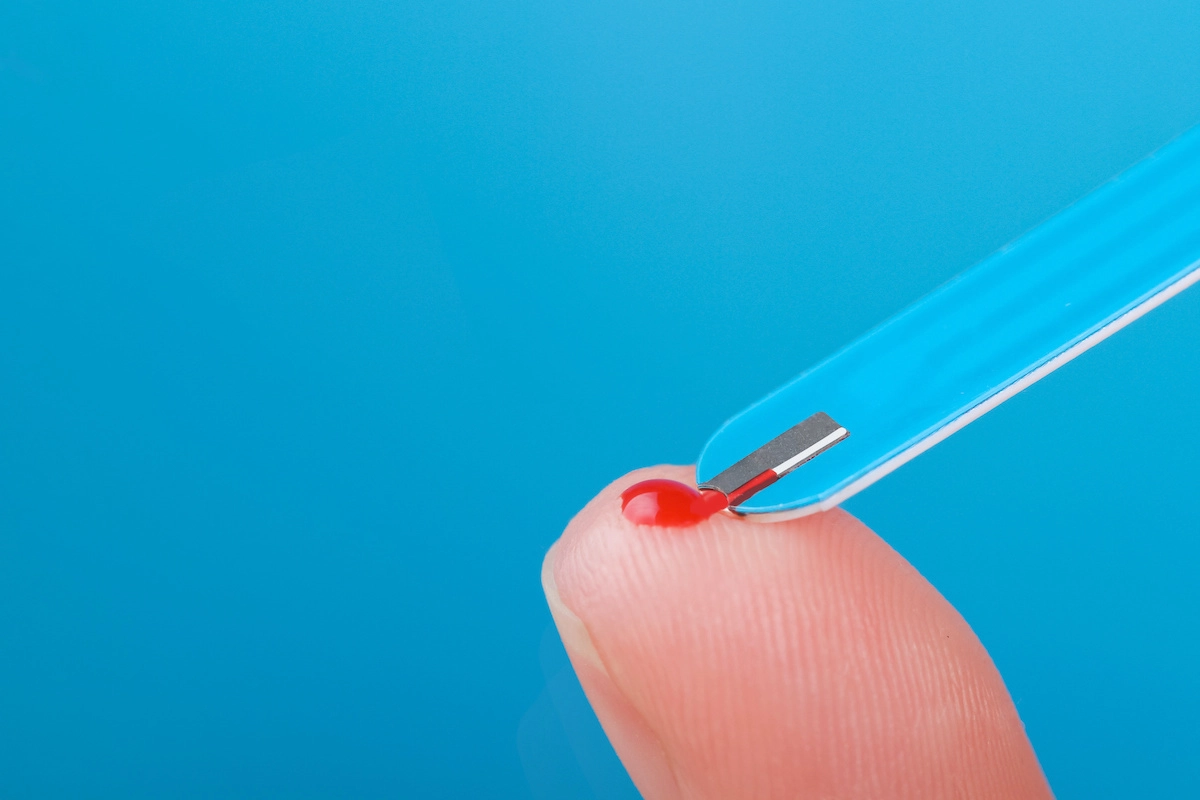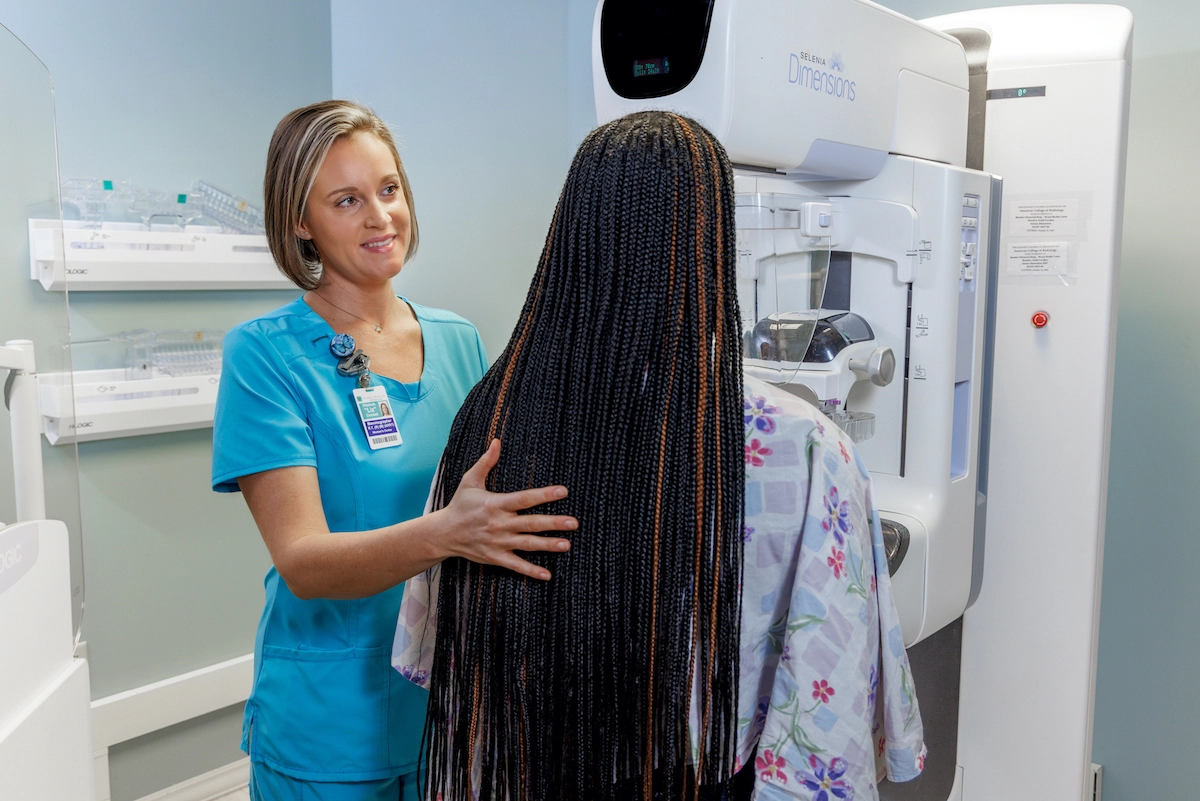
Recently, researchers designed a method to analyze finger prick tests for Alzheimer’s that can be taken at home without the need for clinician oversight.
At-home blood tests may be the first step to diagnosing Alzheimer’s earlier. Around 6 million people in the U.S. currently live with Alzheimer’s disease. By 2050, this figure is projected to increase to almost 13 million.
While there is currently no cure for Alzheimer’s, studies show that early diagnosis and intervention are crucial for delaying its onset.
Current diagnostic methods include magnetic resonance imaging (MRI), cognitive tests, and physical exams. However, they have restricted accessibility as they require visiting a clinic with trained personnel and complex delivery and storage procedures for samples.
The accuracy of such tests also varies. A study found that around 25% of patients clinically diagnosed with probable Alzheimer’s during their lifetime did not have evidence of Alzheimer’s at autopsy.
Research also shows that up to 50% of patients with any form of dementia are not formally diagnosed while alive.
Improving the accuracy and availability of Alzheimer’s testing could help physicians diagnose the disease sooner and prescribe interventions to potentially delay disease progression.
Another study found that blood tests can yield over 85% accuracy in detecting Alzheimer’s, whereas standard physical examinations deliver accurate diagnoses around 55% of the time.
The findings were presented at the Alzheimer’s Association International Conference in Amsterdam, Netherlands, and online.









